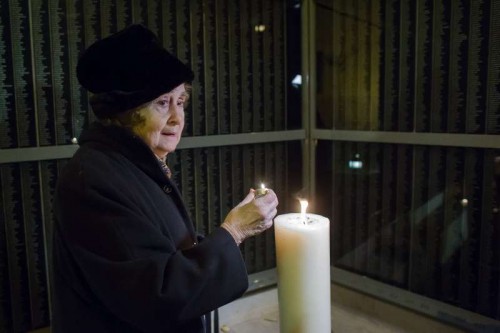
German President Joachim Gauck urged all Germans never to forget the Holocaust.
“There is no German identity without Auschwitz,” Gauck said in his speech to the nation’s parliament, Bundestag, on the occasion of the 70th anniversary of the liberation of the Auschwitz concentration camp.
Gauck said: “The remembrance of the Holocaust remains something for all citizens living in Germany. It belongs to this country’s history.”
The president said that Auschwitz represented “the horror” of the Third Reich.
The Holocaust had taken place in other places such as Treblinka, Dachau and Sobibor whose names represent horror, suffering and death for millions of victims, said Gauck.
He stressed the importance of remembering various operations that had been carried out in Germany or Israel against accomplices or perpetrators of the Holocaust.
The president’s remarks came after a recent poll showed that 81 percent of the German citizens want to “leave behind” the history of the Holocust.
The Bundestag session opened with a speech by the president of the German legislature, Norbert Lammert, who recalled that the Nazis committed “genocide” on a scale unprecedented in the history of mankind.
Earlier, Chancellor Angela Merkel commemorated with some survivors the anniversary of the liberation of the extermination camp.
On Jan 27, 1945, the Auschwitz camp was liberated by the Soviet Red Army, the first allies to enter the Nazi camp, which had witnessed the systematic extermination of some 1.1 million human beings, mostly Jews.
It is estimated that until the surrender of the Third Reich in 1945, the Nazis killed nearly 5.5 million Jews, about half of the number they planned to exterminate at the Wannsee conference, held in January 1942, as part of the Nazis’ so-called “Final Solution”.
Along with Jewish victims, the Bundestag recalled other groups persecuted by the Third Reich, such as homosexuals, gypsies, political prisoners and patients with mental or physical ailments.